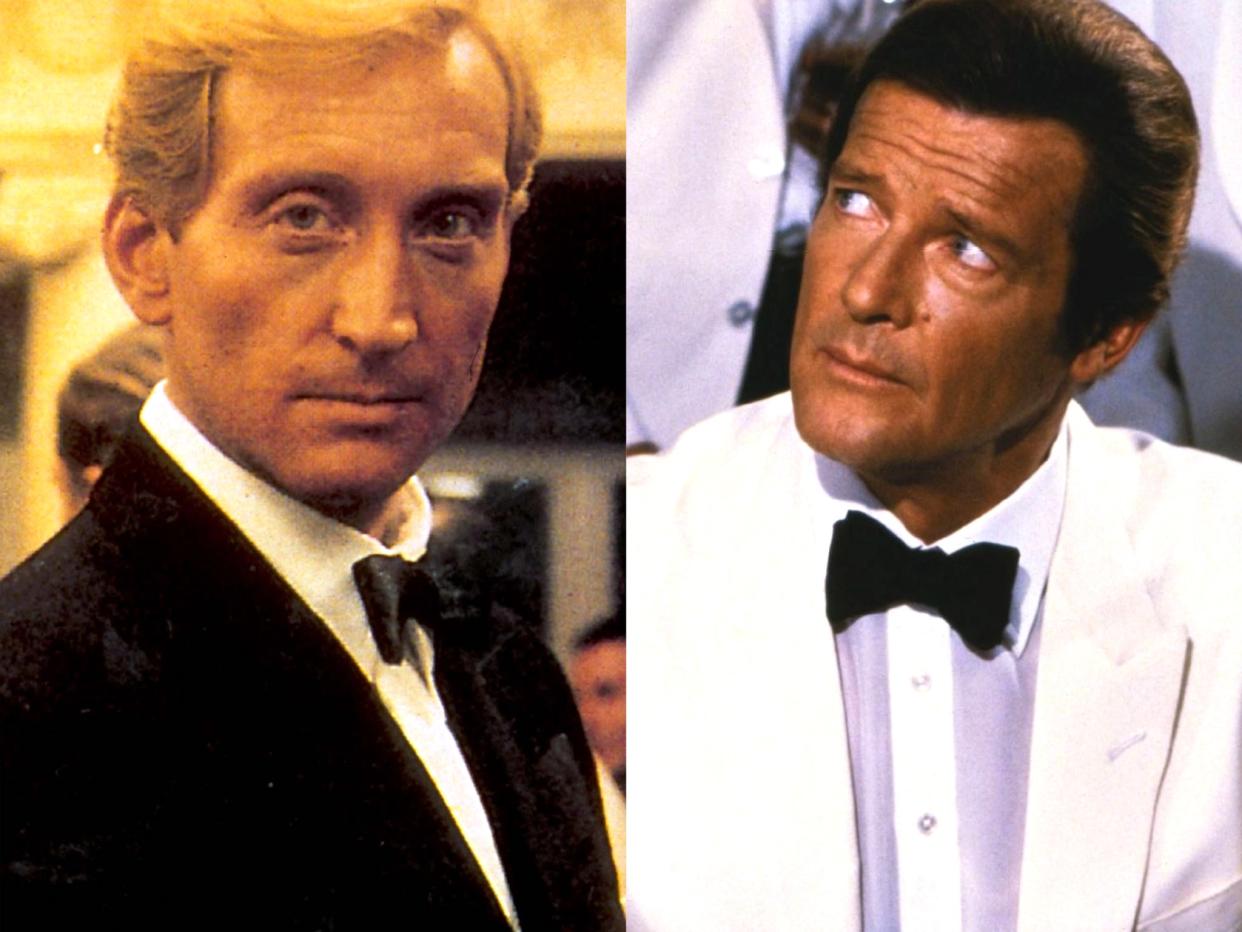Charles Dance rejected audition to replace Roger Moore as James Bond: ‘I would have f***ed it up’

Charles Dance has no regrets about turning down an audition for James Bond, claiming he would have “f***ed it up”.
The Game of Thrones actor has revealed that he was approached by producers of the franchise in the mid-1980s following Roger Moore’s departure from the role. His agent, however, urged him to turn it down.
“My agent at the time rang me — it was a hot July day — and she said, ‘It’s happened, darling.’ And I said, ‘What’s happened?’ She said, ‘You’ve been asked to test for Bond’,” Dance recalled to The Financial Times.
“I said, ‘Really?’ She said, ‘I urge you not to do it.’ I said, ‘Why is that?’ She said, ‘One, well, think how you’ll feel if you don’t get it, and, two, I think it will limit your career.’”
Dance added that he believed his agent may have been protecting him at the time.
“I had not nearly enough experience for something like that, and I would have f***ed it up … if I’d got the part. It’s a big thing.”
Sam Neill and future Bond Pierce Brosnan both auditioned for the 007 role in the wake of Moore’s departure, with Timothy Dalton eventually assuming the part for two movies: 1987’s The Living Daylights and 1989’s Licence to Kill.

Brosnan reportedly was unable to assume the role due to his commitments to the US TV series Remington Steele. He would be approached again years later and play 007 from 1995 until 2002.
Despite Dance turning down his Bond audition, he would end up playing 007 creator Ian Fleming in a 1989 TV biopic. He previously played the brief role of a henchman in the 1981 Bond film For Your Eyes Only.
Read more
Cynthia Nixon: ‘I know JK Rowling feels she’s standing up for feminism, but I don’t get it’
11 of the most controversial films and TV shows on Netflix
Welcome to the ‘manosphere’ – a brave new book shows why we should all be afraid

 Yahoo Movies
Yahoo Movies 
